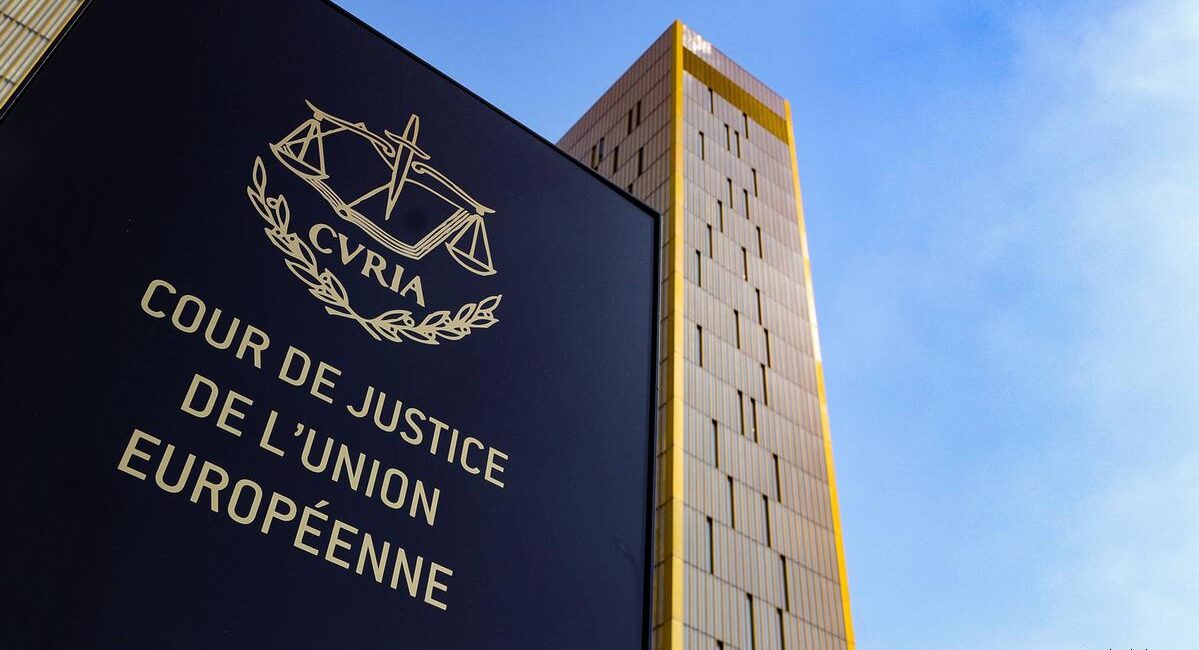As of 1 September 2024, important changes occurred with the Court of Justice of the European Union. Costaș, Negru & Asociații have monitored these changes, which are summarized below.
The EU, Euratom Regulation 2024/2019 of the European Parliament and of the Council of 11.04.2024 amending the rules of procedure of the two European courts, published in the Official Journal of the European Union on 12 August 2024, in force as of 1 September 2024, simplifies previous procedures.
The relevant changes refer to:
I. Allowing the transfer of the preliminary jurisdiction of the Court of Justice to the Tribunal starting 1st of October 2024
– methods were introduced for the initial examination of requests for a preliminary decision submitted before CJEU in order to determine the competent resolution court;
– new rules were introduced that favor the rapid examination of requests for a preliminary decision that the Tribunal sends to the Court for the reason that they require a decision of principle likely to affect the unity or coherence of Union law.
II. The parties’ submissions are published online
– rules were introduced that provide ways of online publication, within a reasonable time after the case is closed, in the preliminary cases that will be the subject of a decision starting from September 1, 2024, unless a party presents objections;
– the way of presenting objections is provided in the new Practical Instructions for the parties.
III. The new structure and organization of the Tribunal
– an intermediate chamber was established between the chambers of five judges and the Grand Chamber composed of fifteen judges;
– the new intermediate chamber is composed of nine judges and presided by the vice-president of the Court;
– chambers specially tasked with adjudicating preliminary decision requests were established, which are composed of five judges;
– depending on the difficulty and importance of the case, there is the possibility to send the preliminary decision requests to another court panel;
– the judges called to exercise the position of general advocate in preliminary cases and those called to replace them in case of obstruction are chosen by the Court and assist the competent panel of judges in each preliminary case, according to the model of the participation of general advocates in the proceedings before the Court.
IV. Implementation of video conference
– the possibility of the parties and their representatives to plead via videoconference was introduced, in compliance with the legal and technical conditions specified in the Practical Instructions for the parties;
– new provisions were also introduced regarding the rebroadcast of Court sessions, which contribute to the transparency and accessibility of justice.
The Court also adopted a new version of the Practical Instructions for the Parties, relating to the cases before it, and the Tribunal adopted a new version of the Practical Provisions for the implementation of its rules of procedure, available in the Official Journal of the European Union from 30 August 2024.
The new Practice Instructions for parties adopted by the Court take into account the amendments to the Rules of Procedure of the Court and provide additional clarifications on several practical aspects related to the written or oral phase of the proceedings.
The practical provisions for implementing the rules of procedure of the Court bring the following updates:
– elimination of registry fees for extracts from the registry, copies of procedural documents, as well as copies of ordinances and decisions;
– modernizing the rules regarding the procedures for submitting and notifying procedural documents;
– the possibility to adopt, through a simple decision, procedural measures that until now required the adoption of an ordinance (reopening the oral phase and connecting the cases in the absence of a request to apply the confidentiality regime);
– limiting the term for introducing an adaptation of the introductory request when an act whose cancellation is requested is replaced or modified by another act having the same object;
– the possibility of directly adopting a judicial investigation activity by which information is requested or the submission of a document or a material evidence, without the prior adoption of a measure to organize the procedure;
– clarification and rationalization of the rules regarding the assignment of ancillary claims to a panel of judges (directing, omission to pronounce, opposition to a judgment rendered in a case judged in absentia, third opposition, interpretation, review, appeal regarding court costs).
The new rules of procedure in force starting September 1, 2024 as well as the consolidated versions of the Statute and Rules of Procedure of the two courts are accessible on the Curia website under the headings Court/Procedure and Tribunal/Procedure.
This article was prepared, for the website of Costaș, Negru & Asociații, by Ms. Clara Dohotar (Bucharest Bar Association).
Costaș, Negru & Asociații is a civil society of lawyers with offices in Cluj-Napoca, Bucharest and Arad, which offers assistance, legal representation and consultancy in several areas of practice through a team composed of 20 lawyers and consultants. Details regarding legal services and team composition can be found on the website https://www.costas-negru.ro. All rights for the materials published on the company’s website and through social networks belong to Costaș, Negru & Asociații, their reproduction being permitted only for informational purposes and with correct and complete citation of the source.













